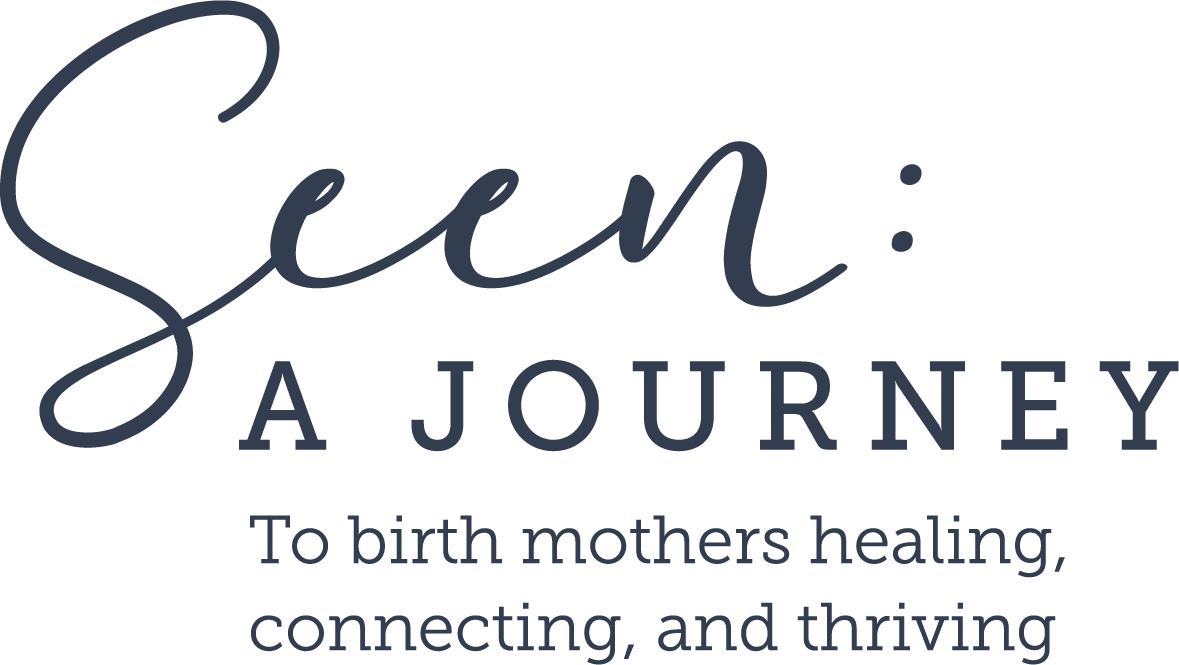As Adoptive Parents, we often hear that love is the most important ingredient in raising children. While love is undoubtedly a crucial foundation, it’s essential to recognize that love alone is not enough in adoption. Raising well-rounded, healthy Adoptees requires intentional action, effort, and a deeper understanding of the unique challenges of adoptive parenting.
Adopting a child is a beautiful act of love and commitment. However, it’s vital to acknowledge that Adopted Children may come with their own set of experiences, emotions, and challenges that can differ significantly from those of Biological Children. These experiences can affect their sense of identity, attachment, and emotional well-being. Therefore, as Adoptive Parents, we must go beyond our feelings of love and actively engage in our children’s lives.
Love Alone Is Not Enough In Adoptive Parenting Because Needs Vary
One of the key aspects of raising Adopted Children is recognizing and addressing their individual needs. This means being aware of their backgrounds, understanding the trauma they may have faced, and creating a safe environment where they can express themselves freely. It involves fostering open lines of communication and encouraging them to share their feelings and experiences without fear of judgment. By doing so, we demonstrate that our love is not just a feeling but a commitment to their well-being.
Moreover, we must invest in their emotional and spiritual growth. This is where the greatest act of love comes into play—the love of Christ. As we reflect on the ultimate sacrifice that Jesus made for us, we can draw inspiration for our adoptive parenting journey. His love was not passive; it was active and transformative. He laid down His life for us, showing us what it means to truly care for others. In the same way, we are called to lay down our lives for our children, to prioritize their needs, and to guide them toward a fulfilling life.
Love is patient, love is kind. It does not envy, it does not boast,
it is not proud. It does not dishonor others, it is not self-
seeking, it is not easily angered, it keeps no record of wrongs.
Love does not delight in evil but rejoices with the truth. It
always protects, always trusts, always hopes, always
perseveres. Love never fails.
Incorporating faith into our parenting can provide a solid foundation for our children’s emotional and spiritual development. Teaching them about the love of Christ can help them understand that love alone is not enough with adoptive parenting, but the love of God is sufficient for all that we need.
A Thriving Adoptee Can Be Open And Honest About Feelings
Adoption comes with a lot of feelings, and sometimes what an Adoptee has to say about their adoption at the moment (let’s be honest here) can hurt an Adoptive Parent. With adoption comes a lot of emotional risk. When the fears about adoption even have a whiff of being realized, it can send an Adoptive Parent into an emotional tailspin if they don’t know how to deal with it.
First of all, no matter what your Adoptee has to say when emotions are boiling over, it isn’t you; it’s grief. Adoptees who have been adopted at birth still experience adoption grief. The grief stems from trying to reconcile what is versus what could have been in their lives. If they do not know their Birth Parent(s), it can be about why they are not in touch. If they are in a relationship with their Birth Parent(s), it can be that there is an emotional wrestling match over the relationship they have. It is always best for an Adoptee to be in an open adoption when it is possible, but it still comes with issues that need to be considered. No relationship is void of bumps in the road, and this one is no different.
Keeping Communication Flowing With The Adoptee Is Key To Wellness
The teen years can be spiky for anyone, but an Adoptee in the teen years may struggle with things like identity, especially in transracial adoption. What most Adoptees struggle with the most is how to have feelings and be able to share them without hurting their Adoptive Parents. Love alone is not enough for an Adoptee in these moments. This is the time for Adoptive Parents to grow thick skin and objective ears to listen and understand without projecting their feelings back onto the Adoptee.
Most Adoptees will need professional counseling at some point in their adoption journey. This is not a knock on anyone’s parenting. It is just the reality of processing complex emotions that come with being an Adoptee. Having a professional wade them through the feelings can do much good for both the Adoptee and the Adoptee/Adoptive Parent relationship.
Letting Go Of Expectations On All Sides Is Helpful
One of the biggest obstacles in any adoption journey for anyone in the triad is letting go of expectations. Expectations, especially when they are not communicated, can suffocate a relationship and hinder open communication. We all have hopes and dreams for how life will go, especially in an adoptive parenting journey. It is just that when those hopes and dreams become immovable, expectations everyone loses. Communication, communication, communication, and letting go of trying to control the future are the edicts for any parent, adoptive or not. What are we willing to let go of so the relationship can flourish as it was meant to? That is what needs to be considered.


